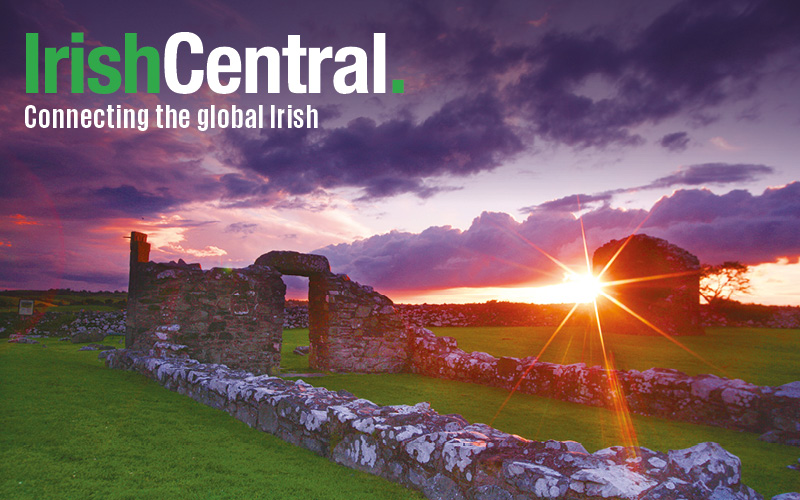The great Irish American lawyer and human rights advocate Paul O’Dwyer emigrated to New York from Bohola in Co. Mayo in 1925. Asking him about that many decades later, he told me the emigrants after the Irish Civil War of the early 1920s were looked on with grave suspicion by the emigrants from the 1890s.
“They thought we wanted to work less, had it easier than them and generally were not the same caliber,” O’Dwyer said.
Is it ever thus. The emigrants from the 1950s had similar grave suspicions about the emigrant wave from the 1980s (of which I was one) who flooded America after yet another catastrophic downturn in the Irish economy.
Nowadays, as in every 30 years cycle, the emigrants from the 2010s, many also fleeing economic pestilence (does there seem like a pattern here?), are facing the same questions as my generation who landed here 30 years ago.
But the assumptions can go both ways. I was intrigued to see a discussion among recent emigrants of the need to differentiate between emigrants now and emigrants back then.
The issue under discussion was the same sex marriage referendum in Ireland, and the view expressed was that older emigrants would be against it while the more recent would be supportive of marriage equality.
I think that's probably an incorrect view. My generation of emigrants were educated in some hard truths about Ireland and its failings, making me think the vast majority would embrace a more equal country.
We were the generation who witnessed the church scandals in all their billowing glory. From every corner, from every parish in Ireland it seemed, scandals erupted about pedophile priests.
The island of Saints and Scholars took a ferocious hammering, but a far more honest country emerged.
I remember one incident in particular in New York when a brave few Cavan natives living here refused to have their local bishop as honoree at a New York dinner because of links to pedophile monster Father Brendan Smyth.
That took rare political courage, as did the battles groups such as the Irish Immigration Reform Movement undertook to help the undocumented which brought about the Morrison and Donnelly visa programs. The successful quest for peace in the North also involved large numbers of emigrants from that era also.
One thing seems unchanged to me. Through the generations, there has been a lack of anger at the betrayal in Ireland of successive governments, whether through corruption or mismanagement, and very little questioning of the status quo that forced many emigrants out to seek work.
You can dress up the modern Ireland any which way you like, but the undeniable necessity of the emigrant planes and ships would be very recognizable to previous generations going back to the Famine. What we have is a collective failure of political leadership once in every generation.
Thus, anything that makes the country fairer and more equal would be welcomed. So equal rights for the LGBT community, I’d wager, would be quite popular with 1980s emigrants here radicalized by issues such as illegal immigration and church scandals.
That may surprise some from the 2010 exodus, but it is true nonetheless.




Comments